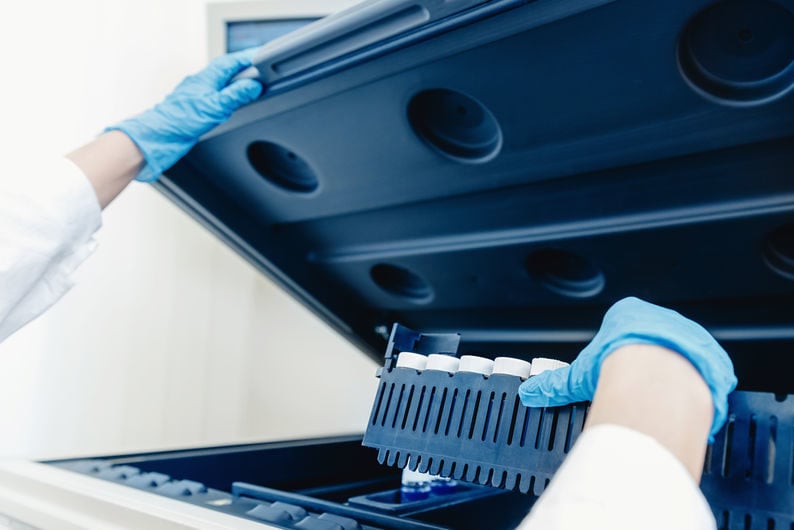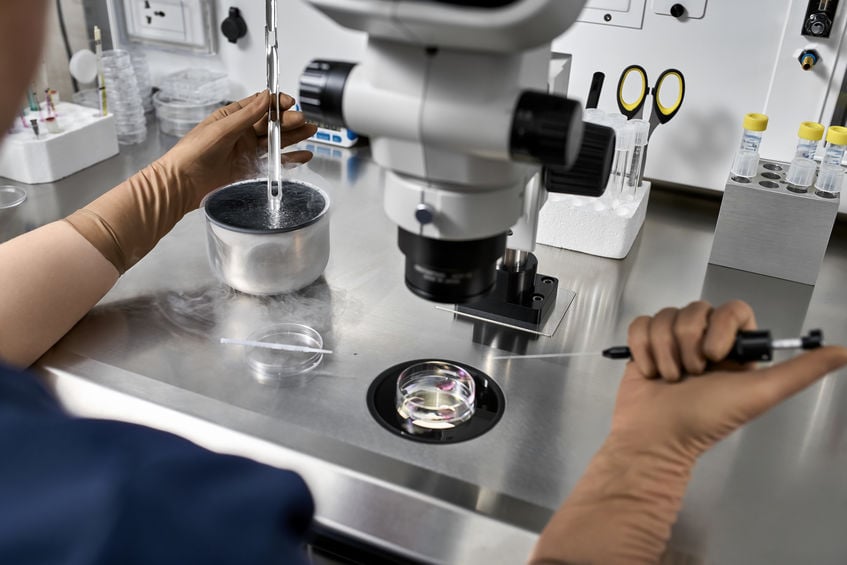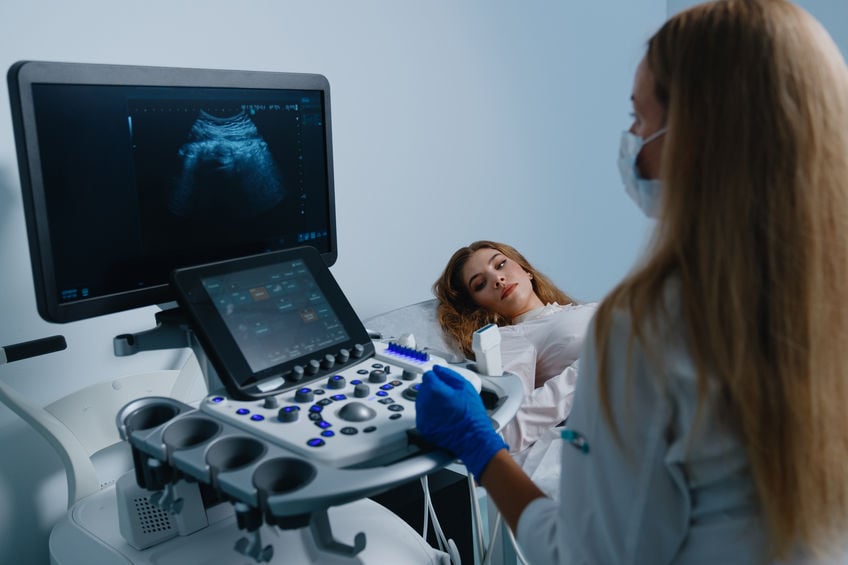Can Donor Sperm Help With Pregnancy?
With an aging population and couples waiting longer to start families, getting pregnant is becoming increasingly difficult. With age, pregnancy rates naturally decline. Luckily, assisted reproductive technologies, like in vitro fertilization (IVF), help thousands of women get pregnant each year. IVF works well for couples suffering from infertility. But in some cases, IVF requires the help of donor sperm. Donor sperm may be an effective solution to increasing the success rates of IVF.

Turning to IVF
IVF is a medical process to aid in reproduction. In the IVF process, a fertility clinic combines a sperm and egg sample in a lab to create an embryo. A doctor then implants the embryo in the woman’s uterus. From there, the woman is monitored for a successful pregnancy. The process involves constant testing, analysis, and hormone medication to develop as many eggs as possible. The clinic produces several embryos and uses the most viable for transfer. The others are frozen for future cycles if the transfer is unsuccessful.
What is donor sperm?
For IVF to work, however, the fertility clinic needs both viable eggs and sperm. If the sperm is not feasible or is unavailable, the clinic will use donor sperm. The sample will come from a suitable sperm donor. Donor sperm sometimes come from the clinic’s sperm bank or a selected volunteer. There are also stand-alone sperm banks that women can find through resources like the American Society for Reproductive Medicine.
Who would need donor sperm?
There are several situations where donor sperm will come in handy. Single women who wait to start a family or LGBTQ+ couples often turn to donor sperm. Donor sperm also works for couples who experience male factor infertility. Common reasons include reproductive organ damage, hormonal issues, genetic defects, or diseases. All these cases would turn to IVF only if artificial insemination with donor sperm, or intrauterine insemination (IUI), fails. The sample goes through the same process as non-donor sperm to ensure a successful outcome.
Donor sperm and success rates
Donor sperm has a higher success rate with IVF compared to a couple with male factor infertility. However, because the sperm has been checked, the success rates are similar to healthy non-donor sperm samples. Women under 35 have a 33% or higher pregnancy success rate with IVF. The success rates naturally decrease with age. Women aged 40 and above will have a less than 10% chance per cycle.
Increase your IVF chances with the right donor
Getting pregnant through IVF can fail if sperm is not viable. Donor sperm can help couples get pregnant, increasing the chances of success. The same goes for specific cases, like single women and same-sex couples struggling with infertility. Speak with a fertility clinic today. The clinic considers all the patient’s needs, recommends the right treatment, and can even help locate a suitable donor.





